While Bulgaria is going through yet another political crisis, the sense of impasse is deepening and the division and discontent in society prevail, there is one sector that has managed to break this ominous pattern - tourism. In 2024, Bulgaria not only recovered from the negative effects of the coronavirus pandemic but also surprised with record-high results in its tourism industry. The Ministry of Tourism even declared the outgoing year "historic" for the sector. But is there a basis for such enthusiasm?
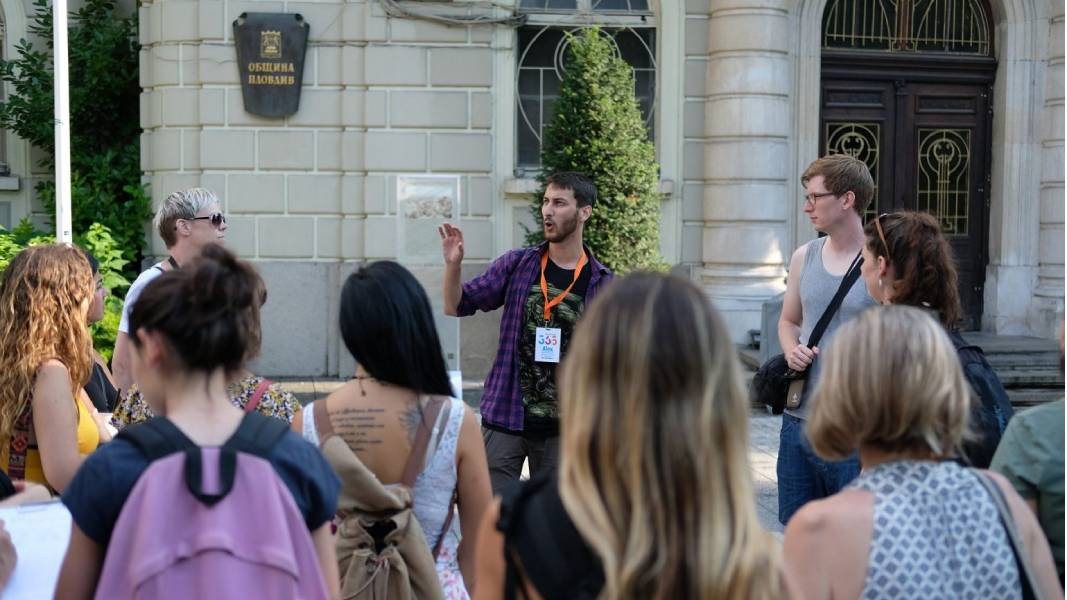
According to data from the National Statistical Institute, our country has welcomed a total of 10.7 million foreign tourists during the first nine months of 2024. During the same period, 7.5 million guests stayed in accommodation facilities, which is a 3.9% increase compared to last year and a 9.4% rise compared to the pre-pandemic 2019. Revenue from overnight stays from January to September 2024 also marked a significant increase of 15.4% as compared to 2023.
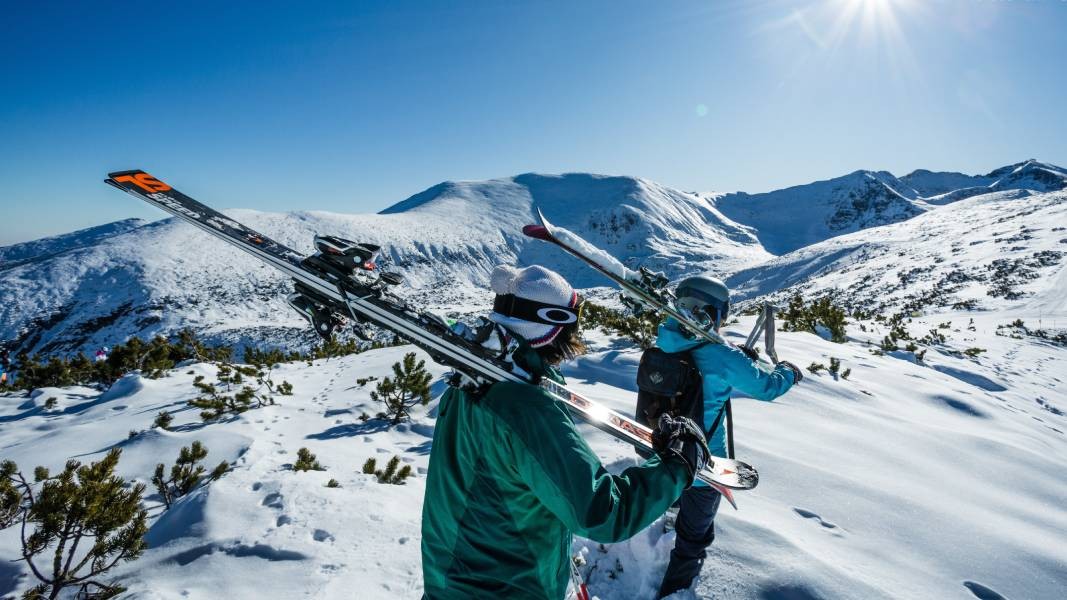
The Ministry of Tourism expects that by the end of December, Bulgaria will welcome 13 million guests and generate 14 billion BGN (EUR 7 billion) in tourism revenue. But how did all this happen, and why should we not let these optimistic numbers lull us into complacency? Konstantin Zankov from the Institute for Analysis and Assessment in Tourism has more:
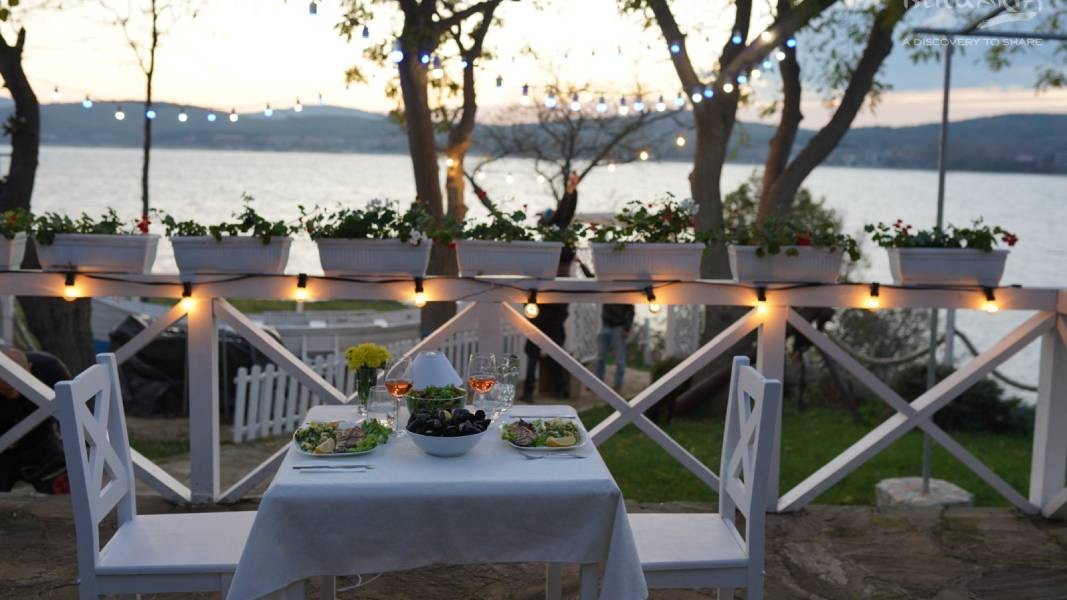
''We can definitely say that the industry is growing against the backdrop of these difficult years, starting with Covid-19, then the situation with Ukraine, the financial crisis, etc. Yes, it has been a record year, but this should not reassure us, because it is due to many factors. We are not just talking about marketing and everything related to advertising, communications, etc., but also about factors such as the increased number of flights to Bulgaria, as well as higher prices compared to previous years, including 2019, which is our comparison point. The prices of everything here have gone up and it is normal for tourism revenues to increase.
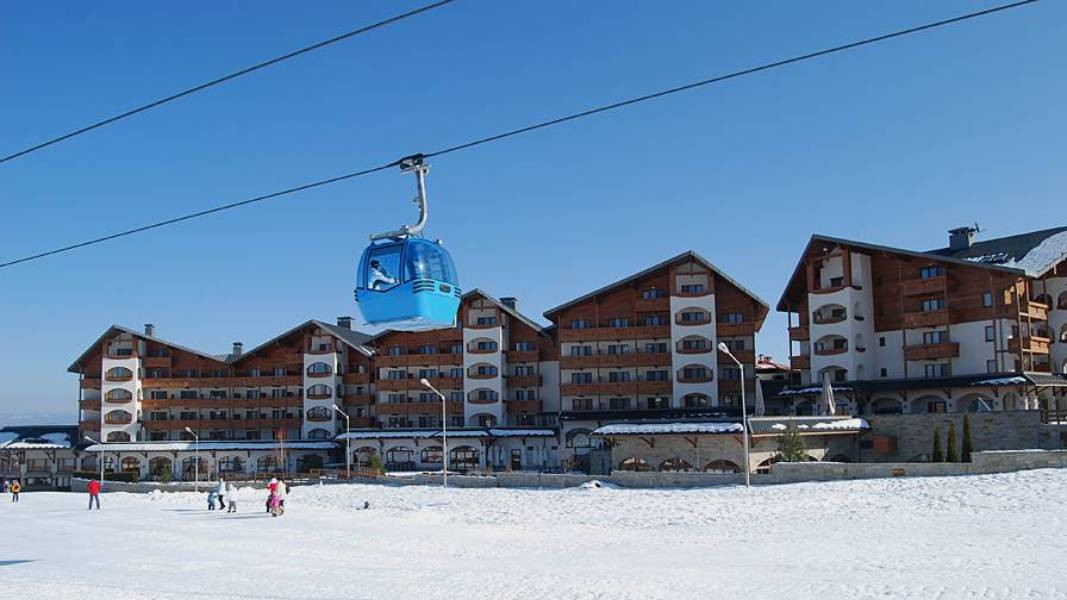
We should also take into account the higher number of hotels in resorts and cities. Despite the good results for the industry, however, the average annual occupancy rate of hotels in our country continues to be low. We must strive to increase this occupancy so that these facilities welcome guests throughout the entire year. The hotels in our ski resorts and those in the summer resorts should work all year round which would allow us to avoid staffing problems and have a high quality tourism product and actually develop year-round tourism, not just talk about summer and winter''.
Lakeside guesthouses, spa resorts and ethnographic villages are a hit for the Christmas holidays
Hotel or holiday property - which is cheaper and more convenient?
It turns out that at a time when everything else in the country seems to be stalling or going backwards, the tourism sector, albeit slowly and uncertainly, is moving forward.
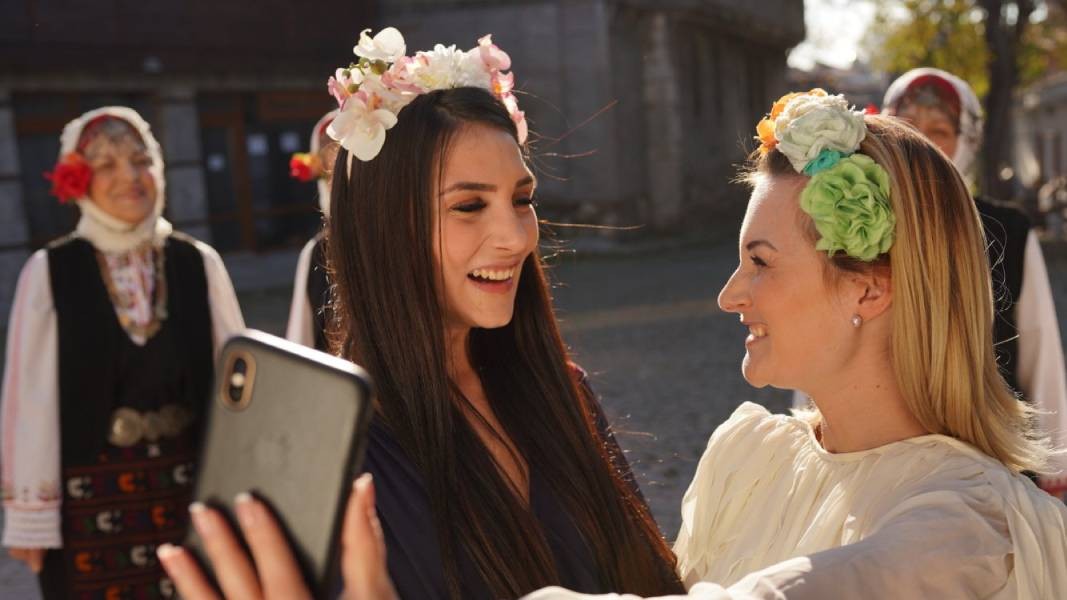
"We can't say it's easy. This political uncertainty, the change in VAT rates in the sector, the staffing issues, the regulatory framework issues... We can complain a lot, but let's look at things positively and say that the industry is adaptable and is trying hard. It is trying to be proactive through digital transformation, seeking its travelers online, rather than waiting for the ministry or municipalities to do something to bring tourists. So yes, the tourism business has proven to be adaptable, but there is still room for improvement. The other thing that helps us is that, after the pandemic, people want to travel a lot and this has unleashed the tourist wave in Bulgaria", concluded Konstantin Zankov.

From winter wonderland to exotic shores – record-high holiday season travel
The Independent: Sunny Beach offers more for less than Marmaris
Ski World Cup Bansko 2024 attracts tourists from all over the world
Although it's still mid-August and a bit early for final conclusions, all signs point to a successful season for the resorts along Bulgaria’s Northern Black Sea coast. Albena stands out as a prime example of the long-awaited recovery of Bulgarian..
Mild weather, vibrant cultural events, and the chance to immerse yourself in local traditions — just some of the reasons why autumn is the perfect time to visit Sofia, according to siviaggia.it, Italy’s premier online travel portal, which recently..
Ten European universities will present their scientific program "Picturesque Bulgaria. Bulgarian Literary Routes" in the Rhodope village of Khukhla, and scholars from Ankara and Warsaw will take a special part in this year's edition of the cultural..

+359 2 9336 661
